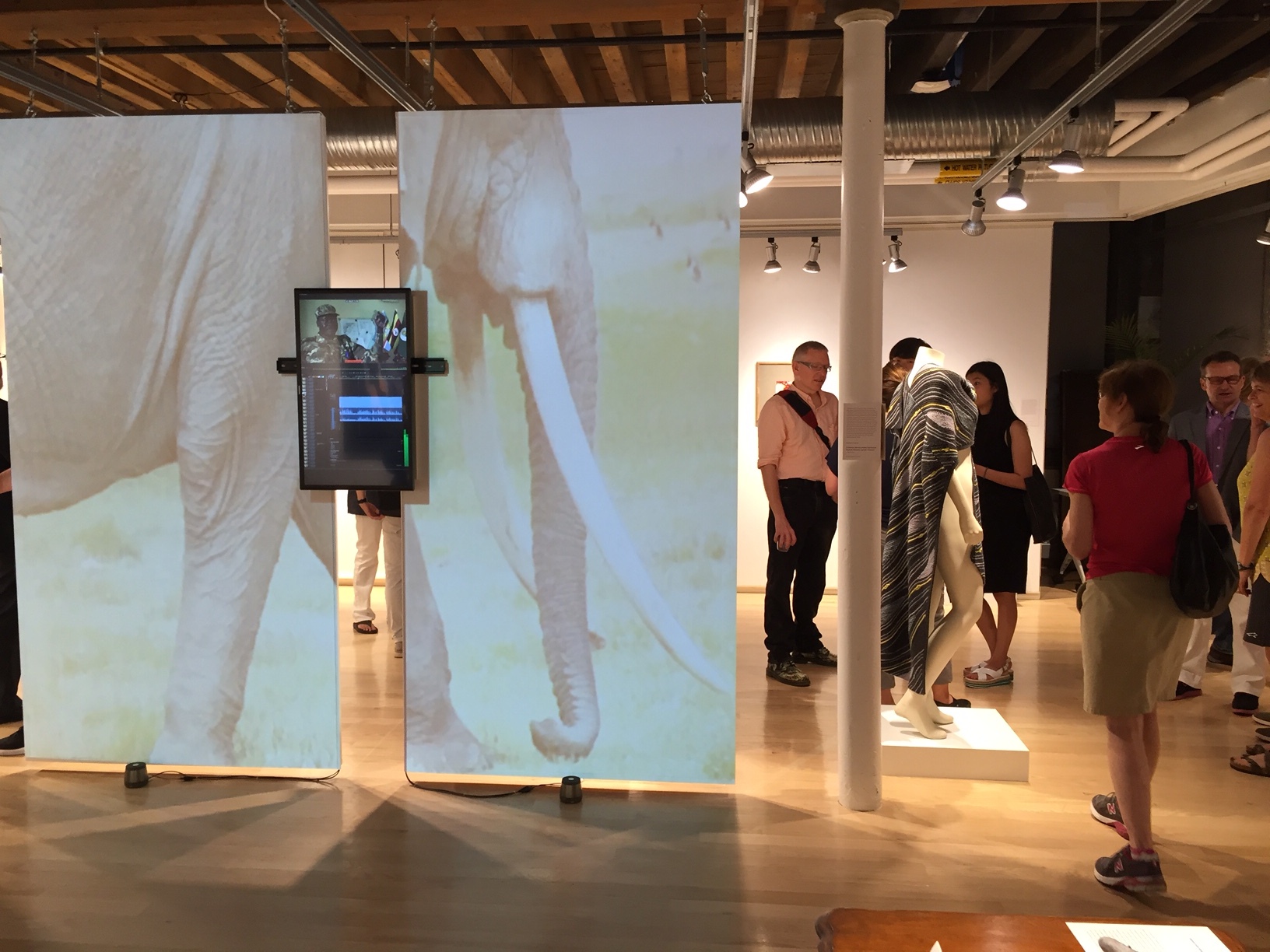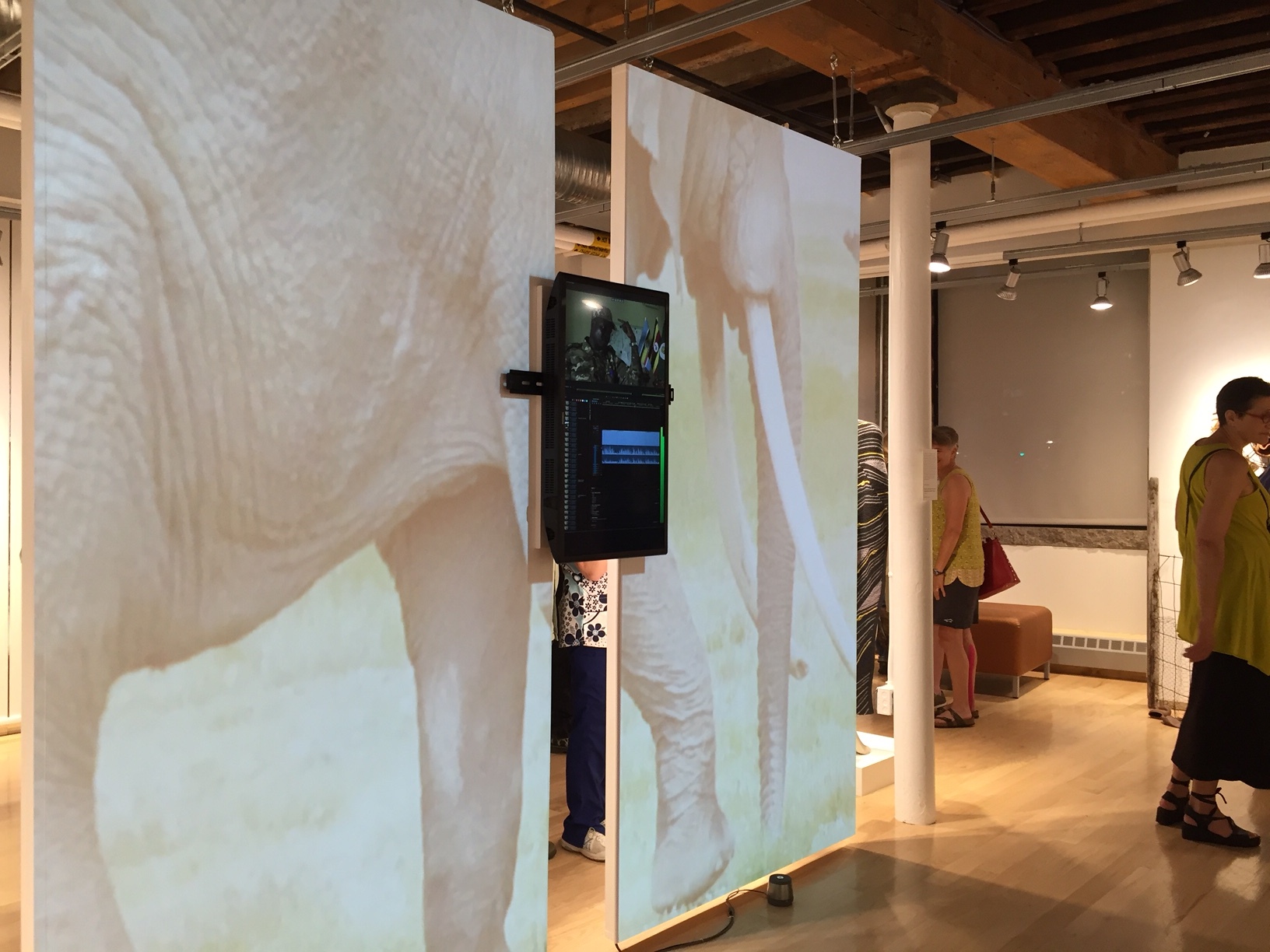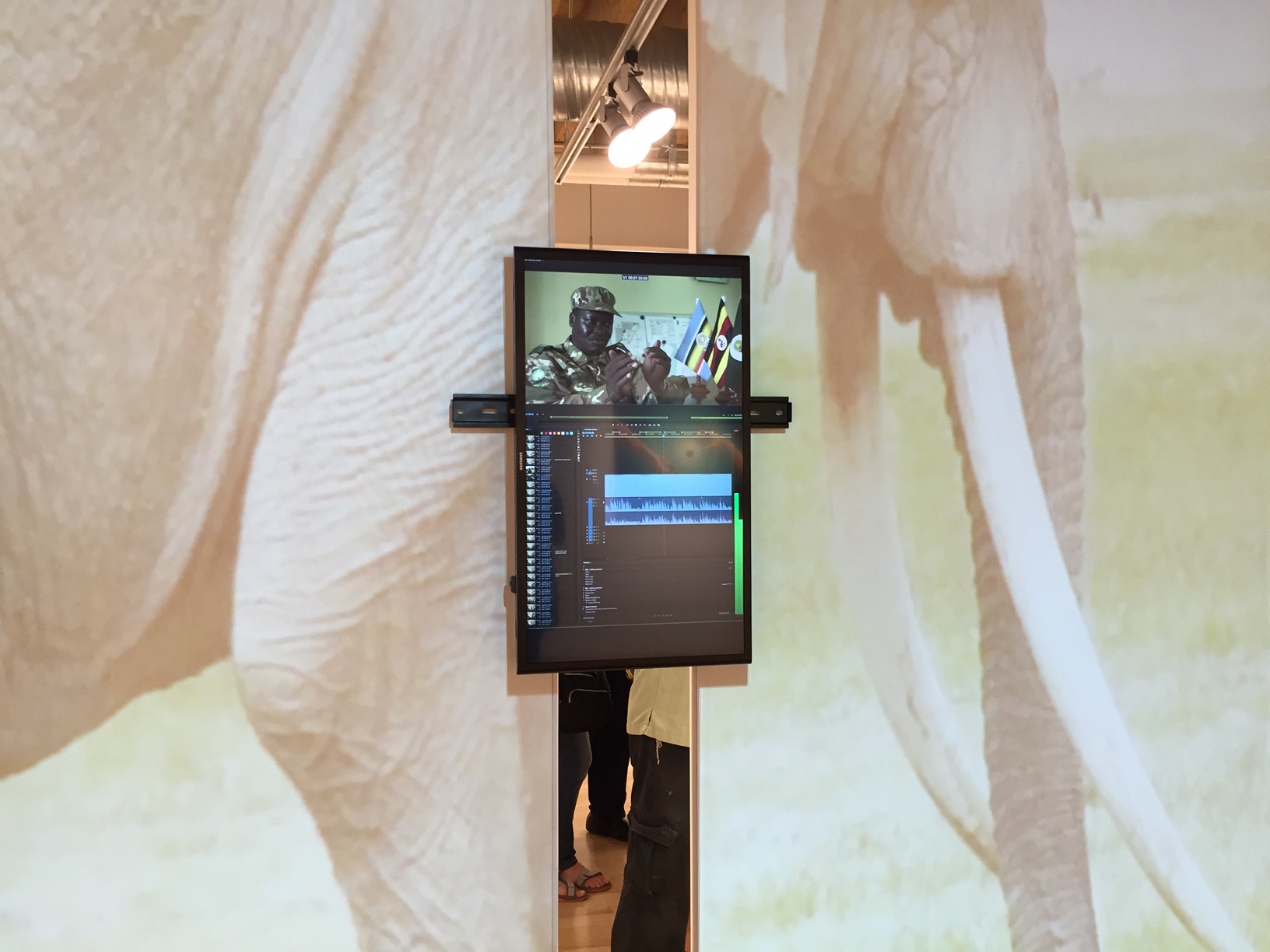IFAW/USAID Wildlife Conservation/Counterpoaching Project
NARRATIVE-literacy Research STUDY IN EAST AFRICA
A Proof of Concept project for Narrative Knowledge, this research sample was conducted with the support of USAID and IFAW, to begin an examination of why counterpoaching tactics showed non-uniform levels of success across different geographies in East Africa. The purpose was to explore this complex dual-species system, clearly affected by the irrational and highly divergent forces of human decision making which differ from location to location. These complex contexts involved conservation, social and political concerns, economics, biodiversity, history, and other areas, and the project sought to see if a narratively-driven research methodology might be effective at mapping some portion of it.
Even upon brief preliminary film-based research in Uganda, the methods revealed new insights into human motivation that may reveal causes for less successful counterpoaching endeavors in other locations. Further research and the development and application of new tools could contribute a whole new direction to conservation efforts that, thus far, rely heavily on quantitative forms of evaluation.
ARTIST’S LITERACY: Narrative Knowledge
Research Based on Perceived Causation Data
New tools are needed for artists to capture, organize, and re-present these forms of information. Each artist literacy-based research project contributes to the development of new technological tools that will better enable the evaluation of these datatypes and allow researchers - artists and non-artists - to make more informed choices when considering how to address complex systems.
Narrative Knowledge is rooted in the literacy many time-based media artists, including filmmakers, have in perceived causation. However, the only existing tool for re-presenting causation is the traditional linear video editor. is makes comparative causative study extremely time consuming and hard to use. Media artists with more dynamic tools - that are more focused on qualitative data analysis and less on the 'final cut’ - could share their knowledge about complexity for which current modes of sharing time-based art, such as the movies, lack capacity.






